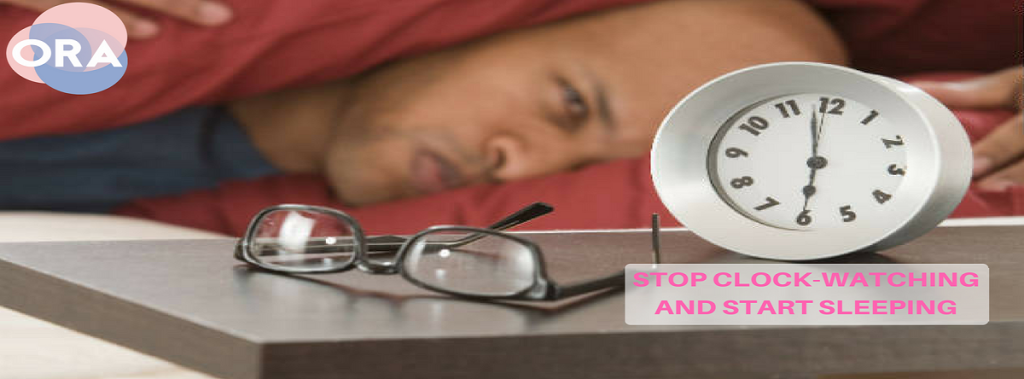
When you hear the word “hygiene”, the first thoughts that come to mind probably involve activities that promote cleanliness. Just like showering and brushing your teeth are important factors pertaining to your personal hygiene, there are specific activities that can help promote sleep hygiene. If you have ever had difficulty falling asleep or maintaining slumber, read below for 10 tips that can have you resting easier.
Watch out for stimulants. Caffeine is a common culprit of hindered sleep, and if taken excessively, can be quite a problem. Decrease the amount you consume throughout the day, and be mindful of when you have a coffee or a soda (consumption too close to bed time can make you restless).
Limit food intake as you near bedtime. If snacking is a must, avoid simple sugars and processed foods and aim to reach for a healthier option.
Exercise frequently, but morning or afternoon sessions promote better rest. Vigorous activity too close to bedtime can keep you tossing and turning. If evening workouts fit better into your schedule, try more relaxing activity like yoga.
Limit naps. Fight the urge to nap, even if you schedule permits it. Napping just before bedtime is worst case scenario. If a nap is necessary, studies have shown that the most benefits are found by limiting duration to 10 minutes.
Use your bed for sleep and sex only. Searching the web, playing video games, or watching TV in bed can form habits that are difficult to break. Limit screen time.
Natural light is important for a normal sleep-wake cycle. Depending on your shift and geographic location, natural light may not always be a possibility. Special lamps are available for just this issue. They can provide gradual light to mimic the sun rise and help prepare your body to wake.
Maximize your environment for sleep. Think of Goldilocks’ porridge; the bed, lighting, temperature, etc should be “just right”.
Try not to watch the clock. Most need the assistance of an alarm to awaken, but try having your phone or clock away from the bed and facing a This can help resist the urge to check time, and also forces you to get out of bed in the morning to shut it off.
Keep a journal. If racing thoughts prevent your rest, write them down. This can help transfer stress from your body to paper, where they remain until you are ready to tackle the next day. Claim your gift of a free sleep journal from ORA Horizon!
Get in a routine. Sleep should be second nature. If everything else leading up to it is as well, rest will come naturally. Add relaxing activity like a warm bath, breathing exercises, or meditation to your evening routine.
Pick and choose or use all of these tips to help you start resting easier.
The path to improved sleep and reduced stress starts here!
If you like reading about Dr. Dugarte’s healthy lifestyle articles you will certainly love hearing from him email tips just for you. Subscribe to our seven-day Sleep Improvement course here!



